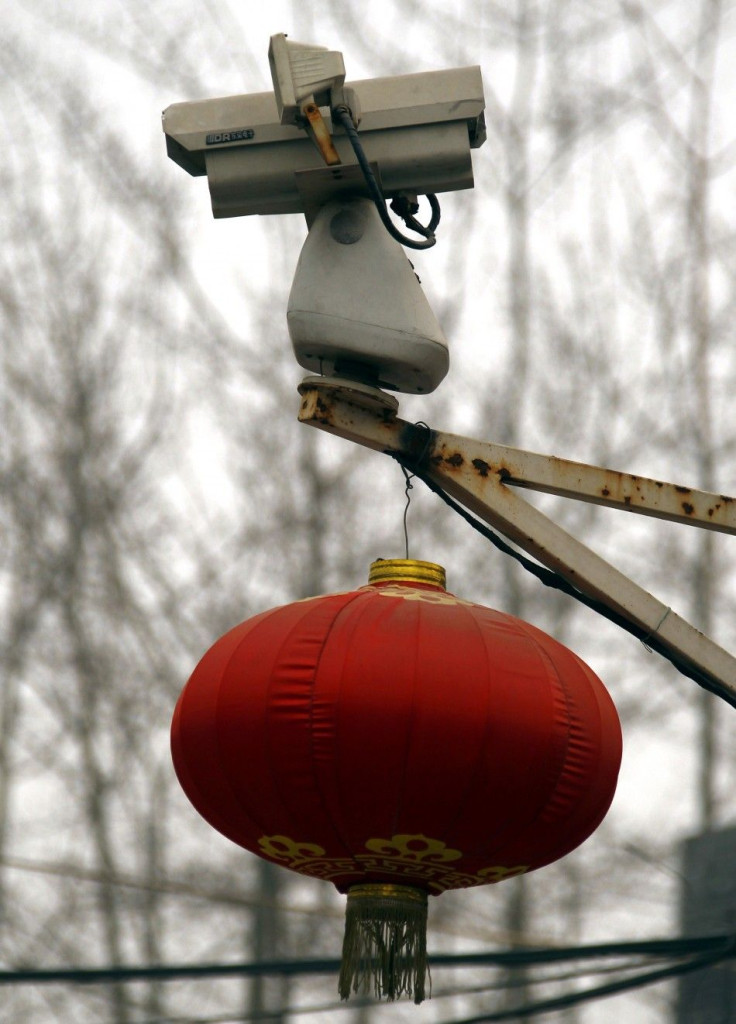Bain Capital: Is Romney Profiting From Surveillance In China? Obama Campaign Cries Hypocrisy

As China's Communist Party government continues to ramp up surveillance on political dissidents, it is becoming increasingly questionable ethically for the companies that provide it with the relevant technology and services. One such company, owned by the Mitt Romney-founded private equity firm Bain Capital, stands to profit from the country's domestic security boom.
A company called Uniview Technologies, according to the New York Times, provides the Chinese government with infrared anti-riot cameras and software that allow for live video to be shared across the country between multiple public security jurisdictions.
Bain Capital acquired the company after Romney left the firm, but the Republican presidential candidate still maintains a blind trust under his wife Ann's name in an amount ranging from $100,000 to $250,000, which has contributed to the $5.6 million the couple has made from Bain assets and retirement accounts, the Times reported.
Romney has criticized the Obama administration for not taking a hard-line stance on China's human rights violations, but the Times story, which first revealed Romney's financial ties to China, has prompted a response from the President's camp.
Mitt Romney has criticized President Obama on the campaign trail for putting economic interests ahead of human rights in China, said Stephanie Cutter, Obama's campaign manager, Politico reported. But this new revelation about Romney's financial interest in a Chinese surveillance company suggests that Romney is not living up to his own publicly-stated values. Mitt Romney seems to play by one set of rules on the campaign trail but has another set of rules for his own finances.
Romney has not responded directly to the criticism or the Times story, avoiding a question about it from Politico reporter Juana Summers while in San Juan, Puerto Rico.
I'm not familiar with that report, and so I really can't respond to it, said Romney, though he defended his investments, saying the blind trust was managed by someone who makes decisions he thinks are correct.
Romney has said that he would take a firmer stance on China as president, regarding human rights.
Any serious U.S. policy toward China must confront the fact that China's regime continues to deny its people basic political freedoms and human rights, reads a statement on his website. The United States has an important role to play in encouraging the evolution of China toward a more politically open and democratic order.
The Obama campaign views Romney's stance with skepticism, and has suggested that he may be trying to hide his financial ties to China.
This revelation not only highlights Romney's utter hypocrisy on China, but it also raises more questions about what his investments are and why he won't reveal all of them, Cutter told Politico.
© Copyright IBTimes 2024. All rights reserved.





















